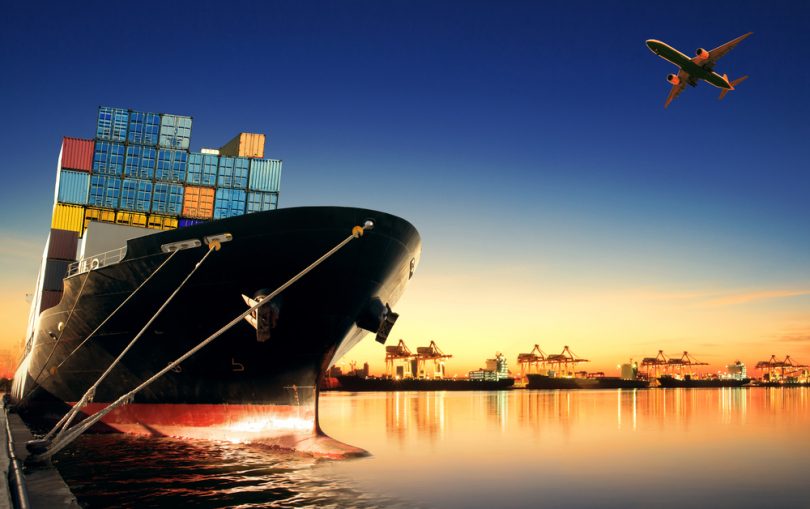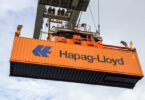Several leading industry players discussed logistics at this week’s London Blockchain Expo conference. When it comes to blockchain, the industry is different from others for many reasons. It’s highly fragmented. It’s likely there will be a large number of relatively narrow blockchains. If the systems don’t interoperate, the industry will lose the benefit of blockchain technology network effects. One solution is for each buying industry, like the car industry, to form a supply chain alliance.
Competition
Marine Transport International (MTI) has been working in the blockchain sector for a couple of years. CEO Jody Cleworth outlined some of the challenges.
“The transportation industry, particular container logistics and shipping, is probably one of the most distrusting industries in the world. Look at the benefits: some of the cost savings we’ve unlocked simply on the landside supply chain is up to 90%. These companies want to keep it for themselves. The sooner you give the technology or the IP to your competitor they’ve got the exact same cost base.”
Cleworth thinks it’s not clear who the primary winner might be.
“If you asked me a couple of years ago I would have said the shipping lines. Then I would have said the freight forwarders. But now we actually see the ports getting very involved because they can use the technology to bring more cargo to their terminals. What makes sense in other industries probably doesn’t make sense in the shipping industry.” Cleworth’s company is currently working with the Port of Rotterdam.
Fragmentation
Matthias Felder from Deutsche Bahn made a case for the need for alliances. To gain the network effects, companies can’t work on their own. At the same time, he acknowledged the fragmentation of the market. As a result, he doesn’t believe the IBM/Maersk venture could become a monopoly. Particularly any major buyer will require their suppliers to use their supply chain platform. He mentioned the likes of Mercedes, Audi or BMW. We’ve already seen Walmart experimenting with blockchain in the US and JD in China.
Incentives
MTI’s Cleworth described how automation means data is no longer emailed around and questioned the incentives. “What we’ve found is that suppliers gathering data for shippers started figuring out that they’re doing half the work for them now as we automate the data and put it into their systems. They don’t get paid for that.”
John Kingston, from Freightwaves and the Blockchain in Transport Alliance (BiTA), also questioned the incentives. He suggested that for low-level data entry, tokens or coins could be the incentive for doing the data input.
From an economics background, Kingston also laid out his concerns about the free rider problem. “I too wonder about the cost of these things, the free rider problem. So if you’re company goes and builds the killer app in logistics and you use it, you have cost savings. But so does everybody else down the line. Why should they get the same cost savings if you laid out all the money? What’s the financial incentive to be a leader? It’s not obvious at this point.”
So who might the main drivers be? Felder from Deutsche Bahn pointed to the solution. Auto companies all have similar supply chains and suppliers. They could form an alliance and share the costs. The same could apply to different types of manufacturers, wholesalers, and retailers. It makes the most sense for the buyers to lead the process.






